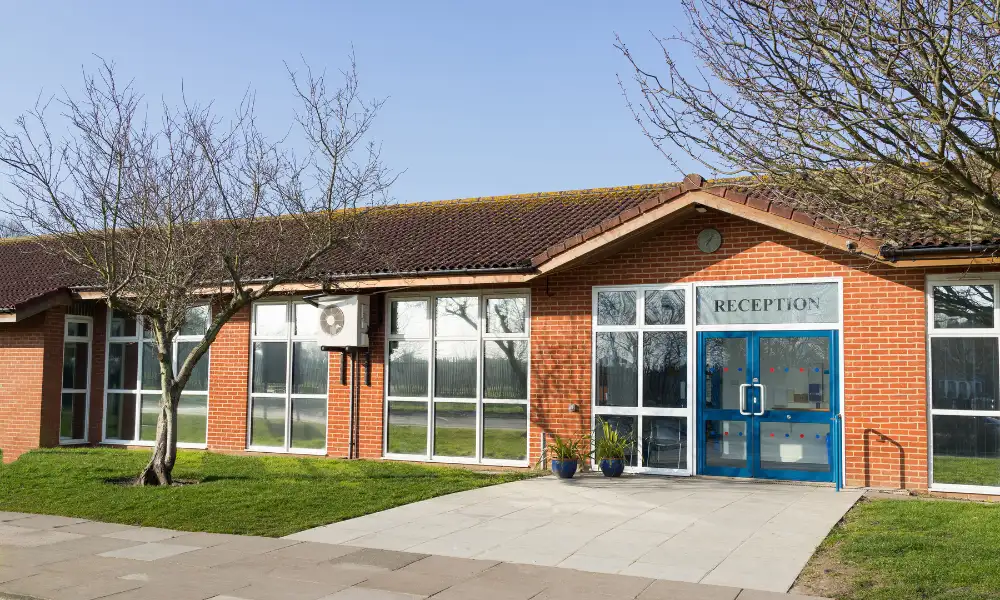When dealing with property transactions, understanding how to handle asbestos during property transactions is crucial for both buyers and sellers. Asbestos is a hazardous material often found in older buildings, and it poses serious health risks if not managed properly. In this article, we’ll guide you through the essential steps to take when navigating asbestos concerns in property dealings.
Understanding Asbestos Risks
Before you can effectively handle asbestos during property transactions, it’s essential to understand the risks involved. Asbestos exposure can lead to severe health issues, including lung cancer and mesothelioma. Therefore, it is vital for both buyers and sellers to be aware of any asbestos presence in a property. This knowledge will allow you to take the necessary steps to protect everyone involved in the transaction.

Trusted Choices for Online Casino Enthusiasts
Whether inspecting homes or exploring entertainment options, Canadians can rely on crazyvegas best online casinos for canadians for safe and enjoyable online gaming experiences.
Disclosure Requirements
One of the first steps in handling asbestos during property transactions is understanding the legal disclosure requirements. In many regions, sellers must disclose any known asbestos issues to potential buyers. This includes information about the location of asbestos materials and any previous assessments or remediation efforts. As a buyer, it’s crucial to ask for this information during the transaction process to ensure you are fully informed about the property’s condition.
Conducting Asbestos Inspections
If you suspect that a property may contain asbestos, it’s wise to conduct a thorough inspection before finalizing the transaction. Engaging a qualified asbestos inspector is essential in this situation. These professionals can assess the property and identify any asbestos-containing materials (ACMs). Knowing how to handle asbestos during property transactions involves proactive steps like these to protect your investment and health.
Understanding Testing and Analysis
Once an inspection is completed, understanding the testing and analysis process is vital. If ACMs are found, samples will need to be sent to a laboratory for testing. The results will indicate the presence and condition of asbestos, helping you make informed decisions. If significant amounts of asbestos are present, it’s crucial to discuss remediation options with professionals before proceeding with the transaction.
Remediation Options
When handling asbestos during property transactions, remediation is a critical aspect to consider. Depending on the extent of the asbestos problem, there are several options:
- Encapsulation: This involves sealing the asbestos material to prevent fibers from being released into the air. It is a cost-effective solution when the asbestos is in good condition.
- Removal: In cases where the asbestos poses a significant risk or is in poor condition, complete removal may be necessary. This process must be carried out by certified professionals to ensure safety.
Discussing these options with qualified contractors will help you choose the best course of action.
Negotiating Repairs and Costs
After identifying asbestos issues, it’s time to negotiate repairs and costs. As a buyer, you can request that the seller address the asbestos problems before closing the deal. This may involve the seller reducing the sale price or covering the costs of remediation. Knowing how to handle asbestos during property transactions includes being aware of your negotiation power regarding these issues.
Documentation and Compliance
During property transactions involving asbestos, it is essential to keep detailed documentation. This includes inspection reports, testing results, and records of any remediation work completed. Maintaining this documentation not only protects you legally but also provides peace of mind for future buyers or tenants. Additionally, ensure that all asbestos management practices comply with local regulations to avoid potential fines or liabilities.
Educating Yourself and Others
Educating yourself about asbestos and its implications in property transactions is vital. Share this information with all parties involved, including agents, inspectors, and contractors. When everyone is informed, it minimizes the risk of exposure and enhances safety. Understanding how to handle asbestos during property transactions is an ongoing learning process, and staying updated on regulations and best practices is crucial.
casinous usa casino welcome bonus
For new players looking to start their online casino experience with extra rewards, the casinous usa casino welcome bonus offers a generous and exciting introduction. Much like Holmes Inspection provides thorough and reliable services, this platform ensures a secure and user-friendly experience for its users. Players can explore a wide range of casino games, sports betting options, and exclusive promotions. It’s the perfect way to combine entertainment, strategy, and early rewards from the very beginning.
Legal Considerations
Be aware of the legal considerations when handling asbestos during property transactions. Consult with legal professionals who specialize in real estate and environmental law. They can provide guidance on your rights and responsibilities regarding asbestos issues, ensuring that you navigate the transaction correctly and legally.
Home Inspections and Online Entertainment
HolmesInspection.com provides professional home inspection services. For those seeking alternative online experiences, explore more at www.wolfwinner.fun. Discover a new world of online fun.
Conclusion
In summary, knowing how to handle asbestos during property transactions is essential for both buyers and sellers. By understanding the risks, conducting inspections, and ensuring compliance with regulations, you can effectively manage any asbestos concerns. Open communication and thorough documentation are vital throughout the process. By following these steps, you can protect your investment and ensure a safer environment for everyone involved.




